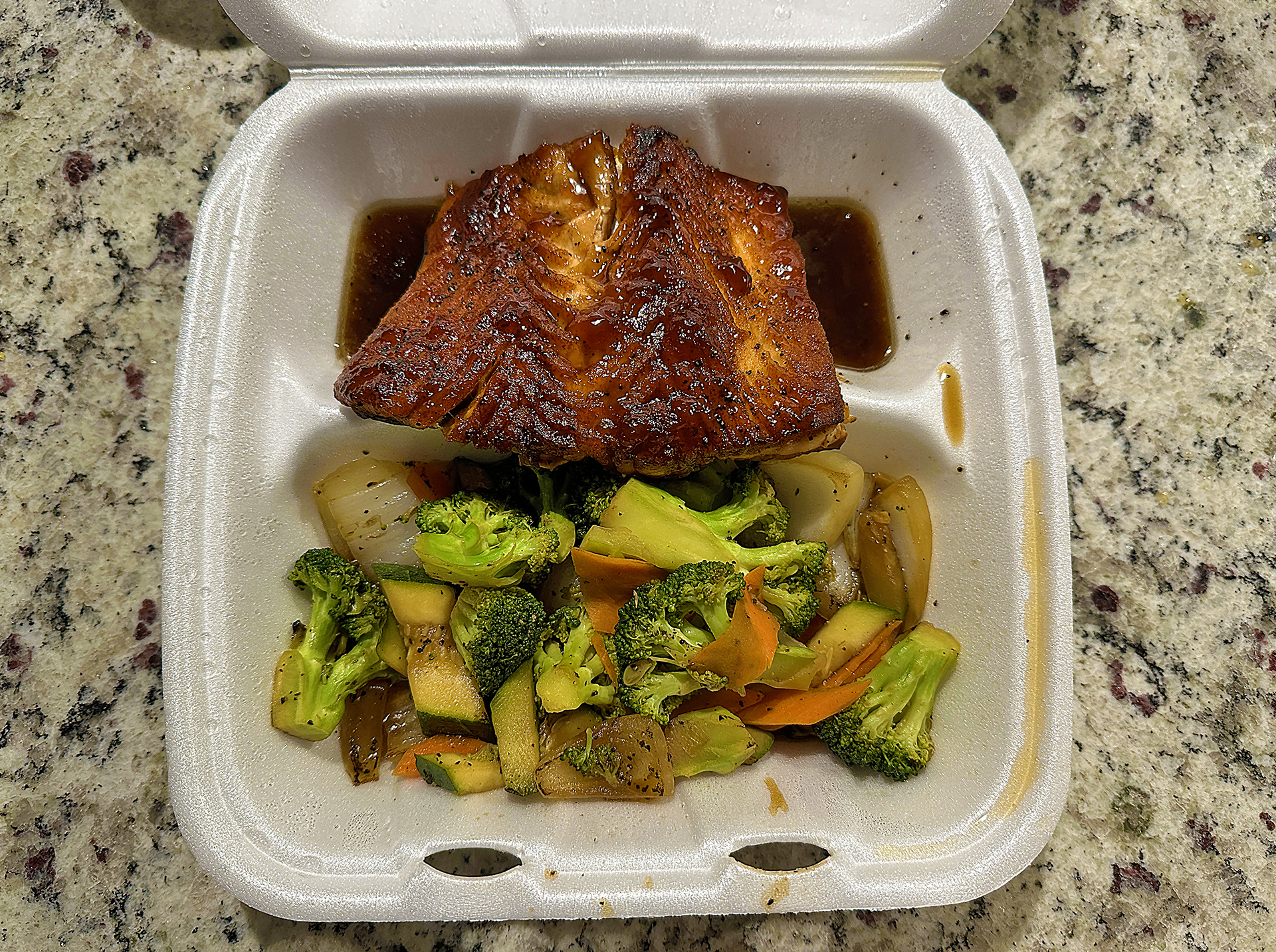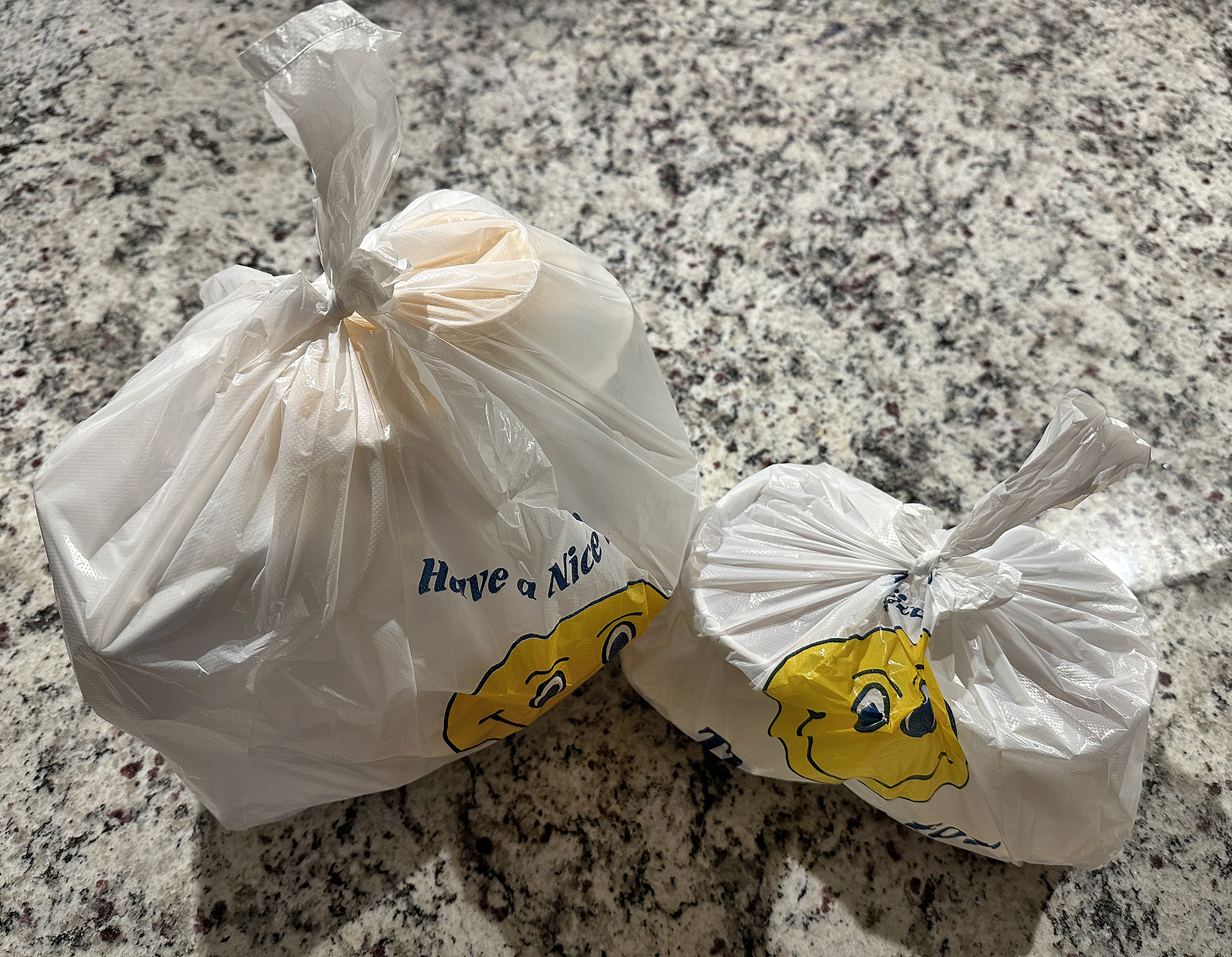I was ordering food from my portable electronic device to pick up an order of food from a local restaurant whose main business is take-out orders. Towards the end of the order, I saw options to pay as much as a 25% gratuity for take out food.
Seriously?!?
A 25% Gratuity? For Take Out Food? Seriously?!?
The food was not inexpensive, which did not bother me. However, a “convenience fee” of one dollar was automatically added to the order. I have no idea what purpose that convenience fee served.
The “add tip” functionality that has been added to point-of-sale systems and other evolving technology — as shown in the screen shot above — is purportedly designed to guilt the customer into leaving more money or tipping more often to members of the staff at a dining establishment. It apparently works, according to this survey by LendingTree, in which 32 percent of dining customers reportedly leave a gratuity of at least 26 percent to servers at restaurants.
Even worse is that those prompts for gratuities — while convenient — also lead customers to tip servers more than they should because they also include government taxes, according to this article written by Medora Lee for USA TODAY. You are better off leaving a custom amount as a gratuity so that you do not pay too much…
…but why would I pay a gratuity of as much as 25 percent, which in this case translates to $12.04? Because the food was cooked for me? Because an employee of the restaurant took a moment to package my order? Is that not why a “convenience fee” was added to my order? I was not served at a table. No dishes needed to be cleared from the table or washed.
In fact, why would I pay a gratuity at all simply to pick up my food order? A number of readers at The Gate With Brian Cohen commented in this article that they do not tip anyone when taking out food.
Final Boarding Call
Gratuities are out of control in the United States — and this sickening culture is slowly spreading to infect other parts of the world. Customers are not only expected to pay usurious tips simply for the privilege of picking up food at a take-out dining establishment; but we are also expected to pay gratuities to breakfast attendants at hotel properties, to members of the housekeeping staff even though services may have been significantly reduced, and even possibly to flight attendants — all of this in addition to ridiculous mandatory fees and taxes that are automatically added to our bills. The hamburger that costs ten dollars on a menu costs significantly more by the time a diner is ready to pay for the meal.
I am neither an endless fountain of cash nor am I an employer of any of these people. How is the fact that they do not earn a decent wage my fault? I do not operate a restaurant or other dining establishment. I am not the person who purposely sets the prices on the menu artificially low to give the illusion of what is the actual cost of the meal. Why am I required to cover what business owners cannot — or will not — pay?!?

The main purpose of tips and gratuities is to voluntarily reward extraordinary service — not to force customers to close the wage gap of the servers…
…and with the suggested default for tipping slowly creeping towards 30 percent, does the “service” offered — or, more importantly, the lack of service thereof — warrant paying almost a third of the total bill to package an order and have it waiting?
Even worse is that the percentage left for servers at dining establishments is a percentage of the cost of a meal — and because the cost of food has been increasing, so has the amount for the gratuity, which automatically increases without any change in the percentage for a tip. Dining patrons also mistakenly include government taxes as part of the calculation of which to tip a server.
One can argue that because a customer is not served at a table by an actual person — including having the plates, cutlery, and cloth napkins washed and prepared; taking the order manually; pouring drinking water when needed; bringing bread and the courses of the meal in more than one trip; clearing the used dirty plates once the meal is finished; and ensuring that the diner is having a good experience — one is not required to leave a tip or gratuity for simply picking up the food in containers, plastic utensils and paper napkins, and taking it out for consumption elsewhere…
…but then again, someone had to ensure that the order was prepared properly and collected together in a conveyance which is easy to carry — such as a bag with handles — and collect what is owed on the bill if it was not already paid in advance when the food was ordered, which is becoming less common with the advent of improved technology. Perhaps the person handling your order took special care or did something beyond what was expected to ensure that your dining experience elsewhere would be better.
Regardless, the latter should be covered by the employer in terms of salary — not by the customer — as that person is not doing anything extraordinary to improve the experience enough to warrant a tip or a gratuity, in my opinion.
A tip or gratuity should be earned — not expected. A tip or gratuity should be voluntary — not mandatory.
All photographs ©2024 by Brian Cohen.


